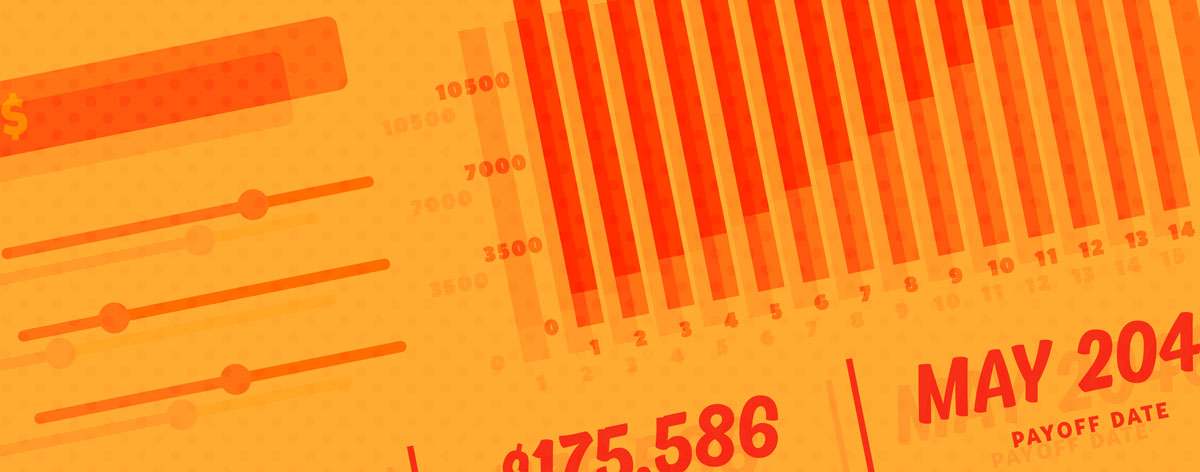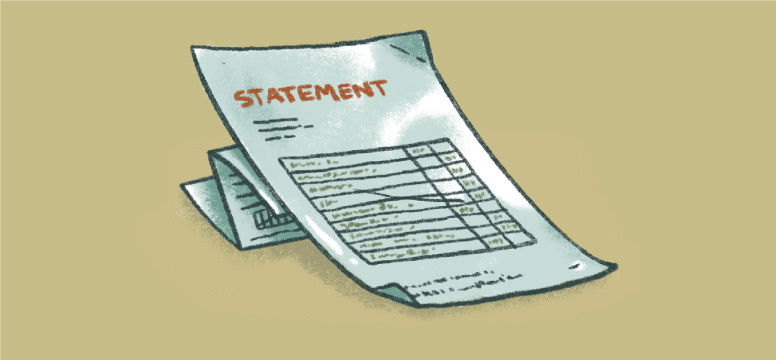
Student Loan Payoff Calculator
The Student Loan Payoff Calculator helps by showing how much time and money you’ll save if you add various amounts to your monthly payment.
How It Works
- Enter your current student loan balance in the text box under “Loan Balance.”
- Enter how long your loan term will last in the text box to the right of “Loan Term” or adjust the slider below it.
- Add your loan’s interest rate into the text box or adjust the slider.
- Finally, enter the amount you hope to add to your monthly payment (Added Monthly Amt) in the last slider or text box.
How to pay student loans off early
Interest is a beast. If it goes unmanaged, interest will eat away a good portion of the money you put towards paying off your student loans. One of the most common ways to eliminate debt faster is by making more than the monthly minimum.
Someone who makes additional monthly payments uses a very similar tactic as someone that pays more toward their monthly payment. This payoff strategy consists of paying multiple times per month rather than the one assigned monthly due date. It’s very common for someone using this tactic to make a goal to pay bi-weekly rather than monthly.
How does this make a difference?
Someone has $100,000 worth in student loans. Their monthly owed amount comes to $554 with a 3% interest rate. If this person was able to make that payment twice a month, rather than just once, they’d save $19,640 in interest and cut their payoff term in half.
Remember that the second monthly payment doesn’t have to be as much as the first. A person could choose to pay $554 once a month and only half that for their second payment. Either way, as long as you’re paying the monthly minimum and then some, you’ll succeed in paying your loans off early.
Write your goals down in a budget journal or planner
Finally, no matter what method you choose, it’s vital you write your plan down. To do this, choose a book or spreadsheet to document the difference between if you were to pay only the minimum payment or if you were to increase the amount you pay each month.
By writing your plan in a journal, you’re creating a way to visualize the impact your goals will have at the end. Seeing the difference you’ll be making to your finances will motivate you to keep going. Click to take a look at some budgeting tips that will help you meet & make goals.
Neither Banzai nor its sponsoring partners make any warranties or representations as to the accuracy, applicability, completeness, or suitability for any particular purpose of the information contained herein. Banzai and its sponsoring partners expressly disclaim any liability arising from the use or misuse of these materials and, by visiting this site, you agree to release Banzai and its sponsoring partners from any such liability. Do not rely upon the information provided in this content when making decisions regarding financial or legal matters without first consulting with a qualified, licensed professional.

